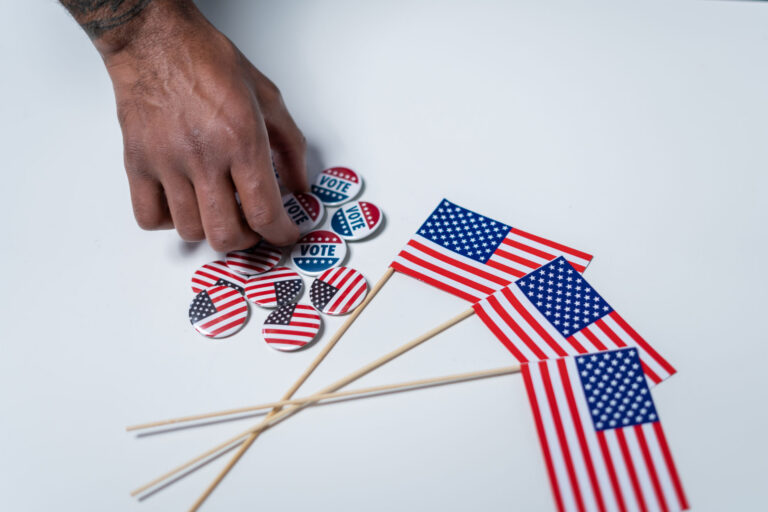
A highly debated topic in the United States is the laws forbidding convicted individuals, or those with a criminal past, the right to vote in elections. It creates unfair election outcomes as a high percentage of the United States population does not get a say in who is elected. The Sentencing Project stated that 6 million Americans were unable to vote in the 2018 midterms because they had a felony conviction. This is a significant number of voices unheard in America that are most effected by election outcomes. However, some states are hoping to change this. The Guardian posted an article about how Washington D.C. is working on becoming the first state to allow those with felony convictions to vote.
With this new measure in place and being passed by the city council last week, 4,500 people could be affected in Washington D.C.. "I am hopeful that the District’s action will inspire states to recognize the value of universal suffrage and the engagement of all its citizens,” said Nicole Porter, Director of Advocacy at the Sentencing Project, a criminal justice reform group. The United States has some of the strictest voting policies compared to other countries in the world. Some states do have laws that after a certain period of time, convicted individuals are able to vote, but this is not popular in most. Over the years, people have been advocating more to restore voting rights for people released from prison. They deserve a second chance and to have a say in who represents them in the government.
This Washington D.C. measure is unique though, by working on restoring voting rights while the individual is still incarcerated. The District is following in the footsteps of Maine and Vermont, as they are the only two states that allow those convicted of felonies to vote in prison. There is hope that the new law will be approved by the Washington D.C. mayor, Muriel Bowser, to continue to fight for justice reform for those in and out of prison. Many previously convicted felons work hard to turn their lives around post-incarceration and deserve to be able to vote, without their past actions continuing to haunt them.